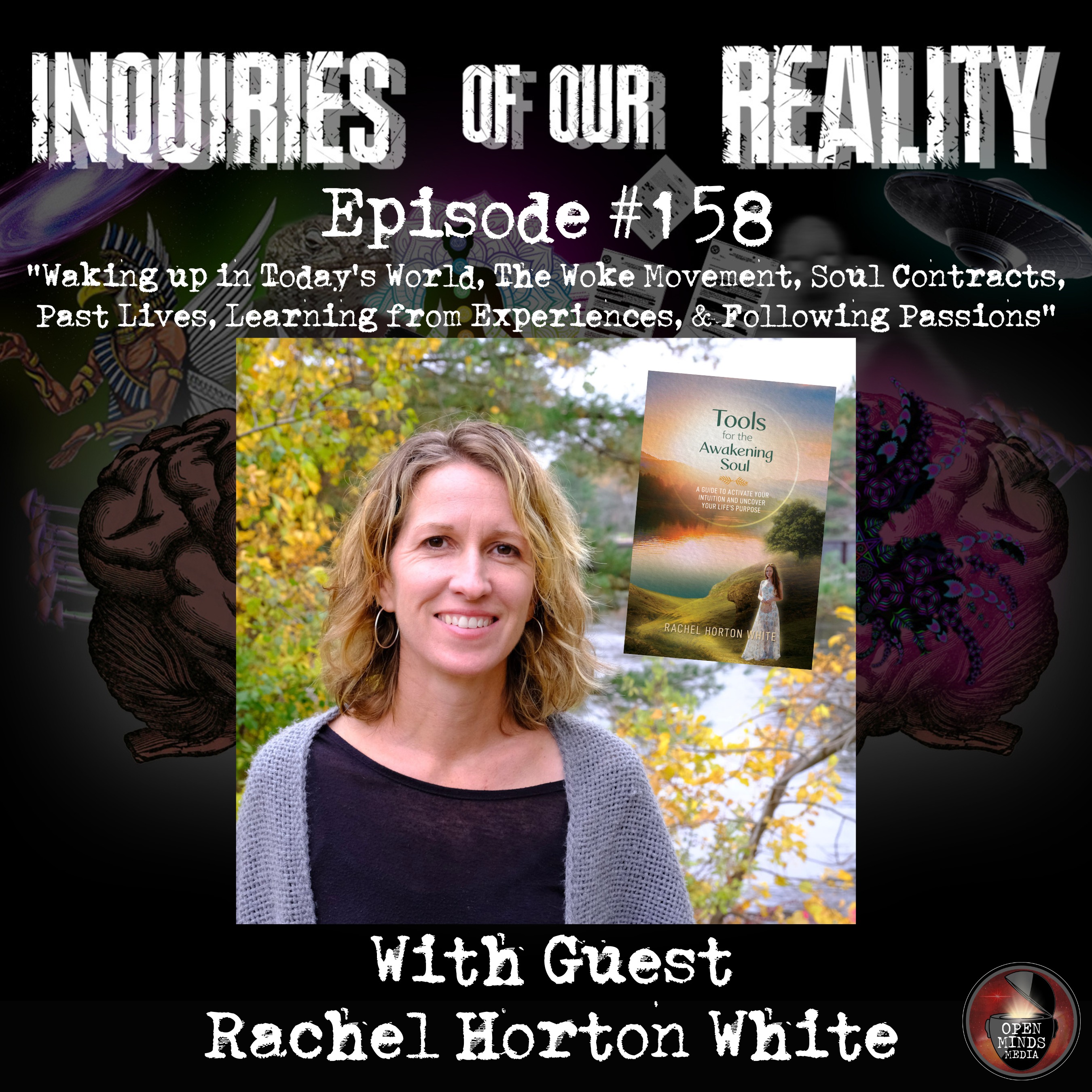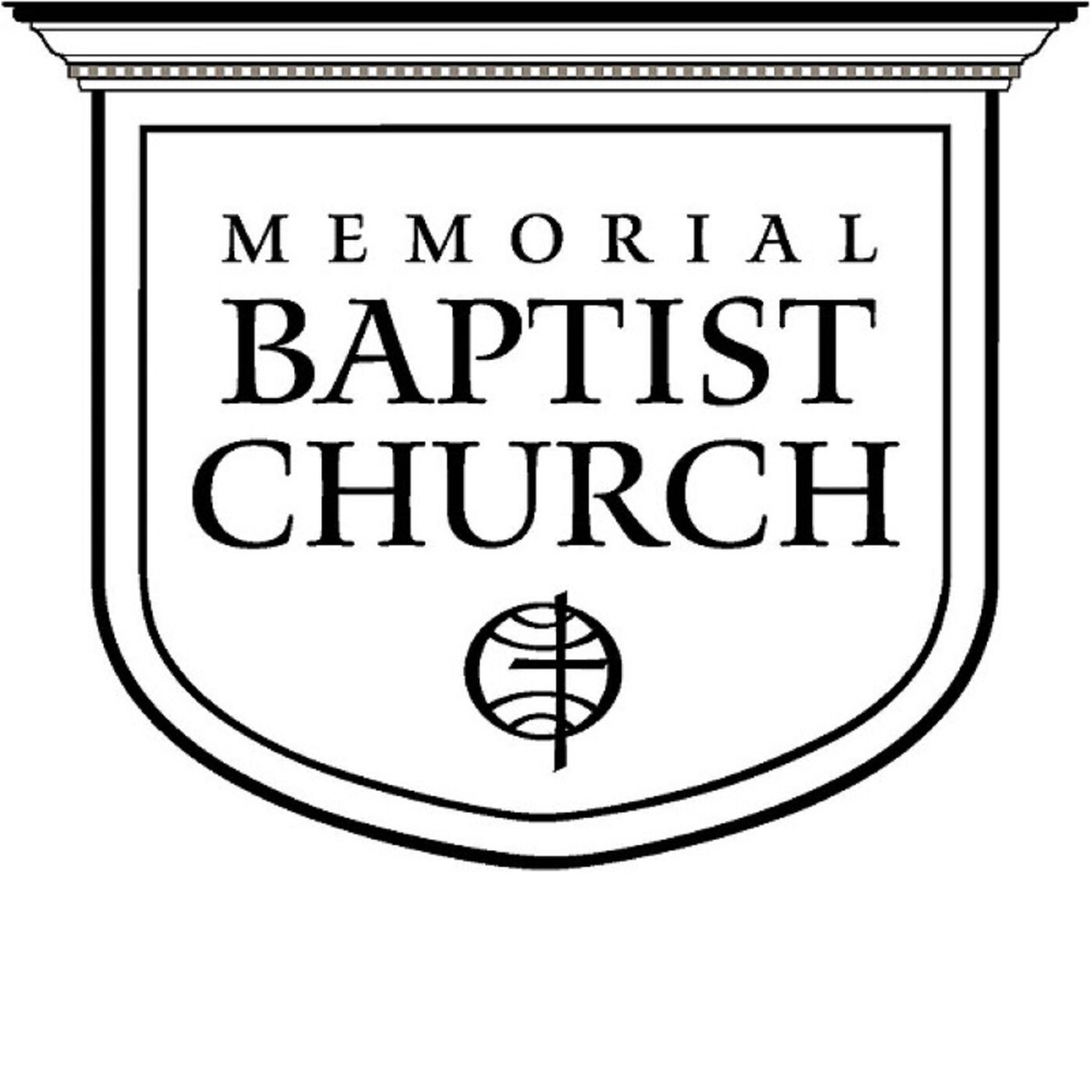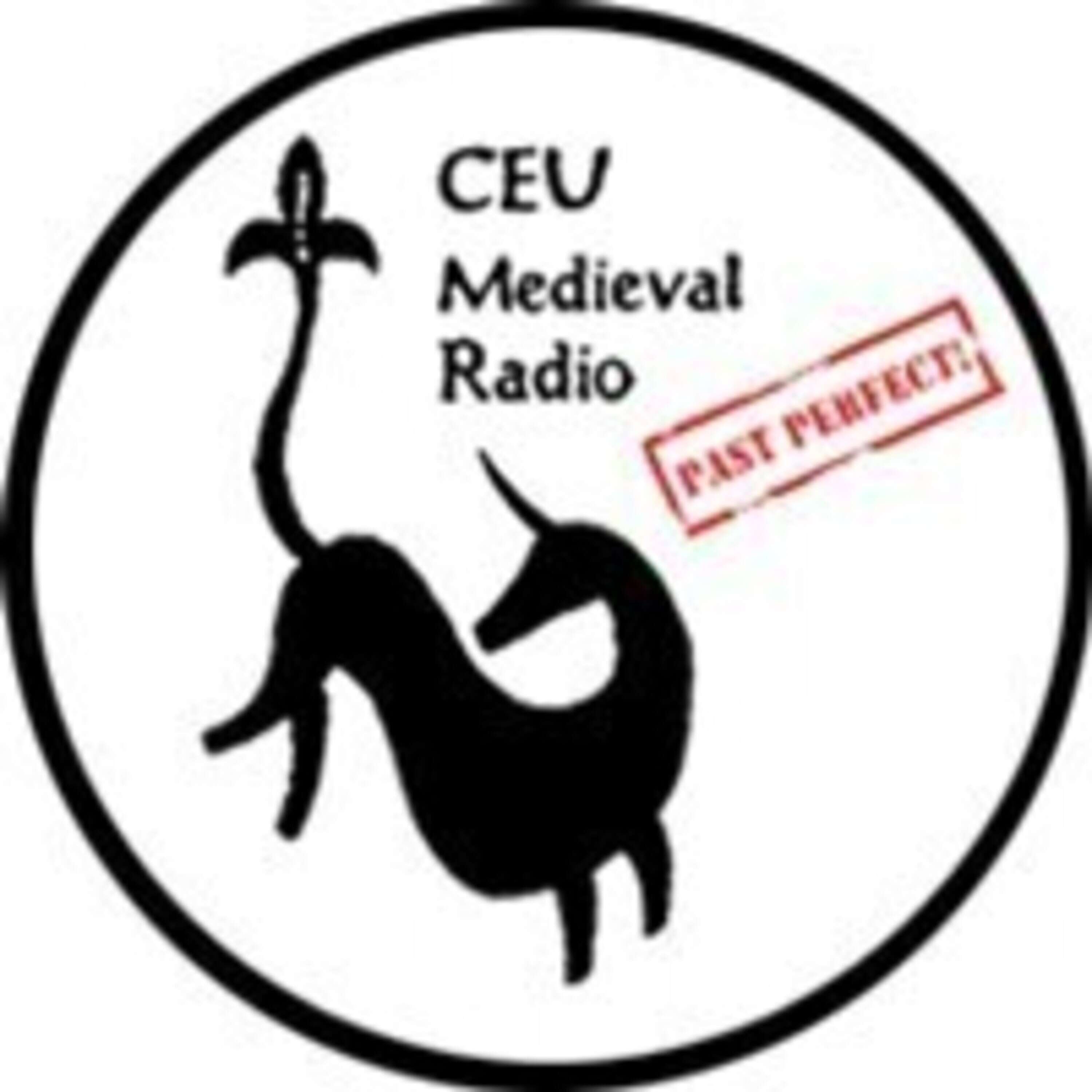- After-Shows
- Alternative
- Animals
- Animation
- Arts
- Astronomy
- Automotive
- Aviation
- Baseball
- Basketball
- Beauty
- Books
- Buddhism
- Business
- Careers
- Chemistry
- Christianity
- Climate
- Comedy
- Commentary
- Courses
- Crafts
- Cricket
- Cryptocurrency
- Culture
- Daily
- Design
- Documentary
- Drama
- Earth
- Education
- Entertainment
- Entrepreneurship
- Family
- Fantasy
- Fashion
- Fiction
- Film
- Fitness
- Food
- Football
- Games
- Garden
- Golf
- Government
- Health
- Hinduism
- History
- Hobbies
- Hockey
- Home
- How-To
- Improv
- Interviews
- Investing
- Islam
- Journals
- Judaism
- Kids
- Language
- Learning
- Leisure
- Life
- Management
- Manga
- Marketing
- Mathematics
- Medicine
- Mental
- Music
- Natural
- Nature
- News
- Non-Profit
- Nutrition
- Parenting
- Performing
- Personal
- Pets
- Philosophy
- Physics
- Places
- Politics
- Relationships
- Religion
- Reviews
- Role-Playing
- Rugby
- Running
- Science
- Self-Improvement
- Sexuality
- Soccer
- Social
- Society
- Spirituality
- Sports
- Stand-Up
- Stories
- Swimming
- TV
- Tabletop
- Technology
- Tennis
- Travel
- True Crime
- Episode-Games
- Visual
- Volleyball
- Weather
- Wilderness
- Wrestling
- Other
The Apocalyptic Movement of the Taborites
Martin tells us about his studies of the Taborites, a radical faction of the Hussite revolution, who transitioned from the passive escapist apocalyptic thought into a revolutionary activist mode. They participated in what they perceived as the Apocalypse through violence, seeing themselves as agents that have to participate in the cleansing of the world. They went to the fortified town of Tabor, they became militarized and were very important for the Hussites and what became known as the Hussite wars. Martin has studied sermons, theological debates, polemics and letters that the leaders of the Taborite movement have sent to their followers. He traced the neoplatonic philosophical background of the Taborites, which came out of university circles, was translated into vernacular and mixed with the apocalyptic thoughts. He also tells us of his involvement with the Centre for Medieval Studies in Prague participating in a research group focusing on conflict in Central Europe in the Late Middle Ages. In the second half of the interview, Martin talks about the Utraquist communion - consuming both the bread and the wine - and the pacifist movements and thought patterns within the Hussite movement. He also explains the downfall of the Taborite faction, when the main request of the Hussites, the Utraquist communion was granted, but the other ones that the Taborites also held important were not, which sparked a divide between the Taborites and the moderate Hussites. This culminated in a war in which the Catholics and moderate Hussites joined forces and defeated the Taborites in the Battle of Lipany in 1434. Concluding the talk, Martin talks about the controversial nature of the Taborite vision, and how we probably wouldn’t want to live in a post-revolutionary world where the Taborite way of thinking is prevalent.











